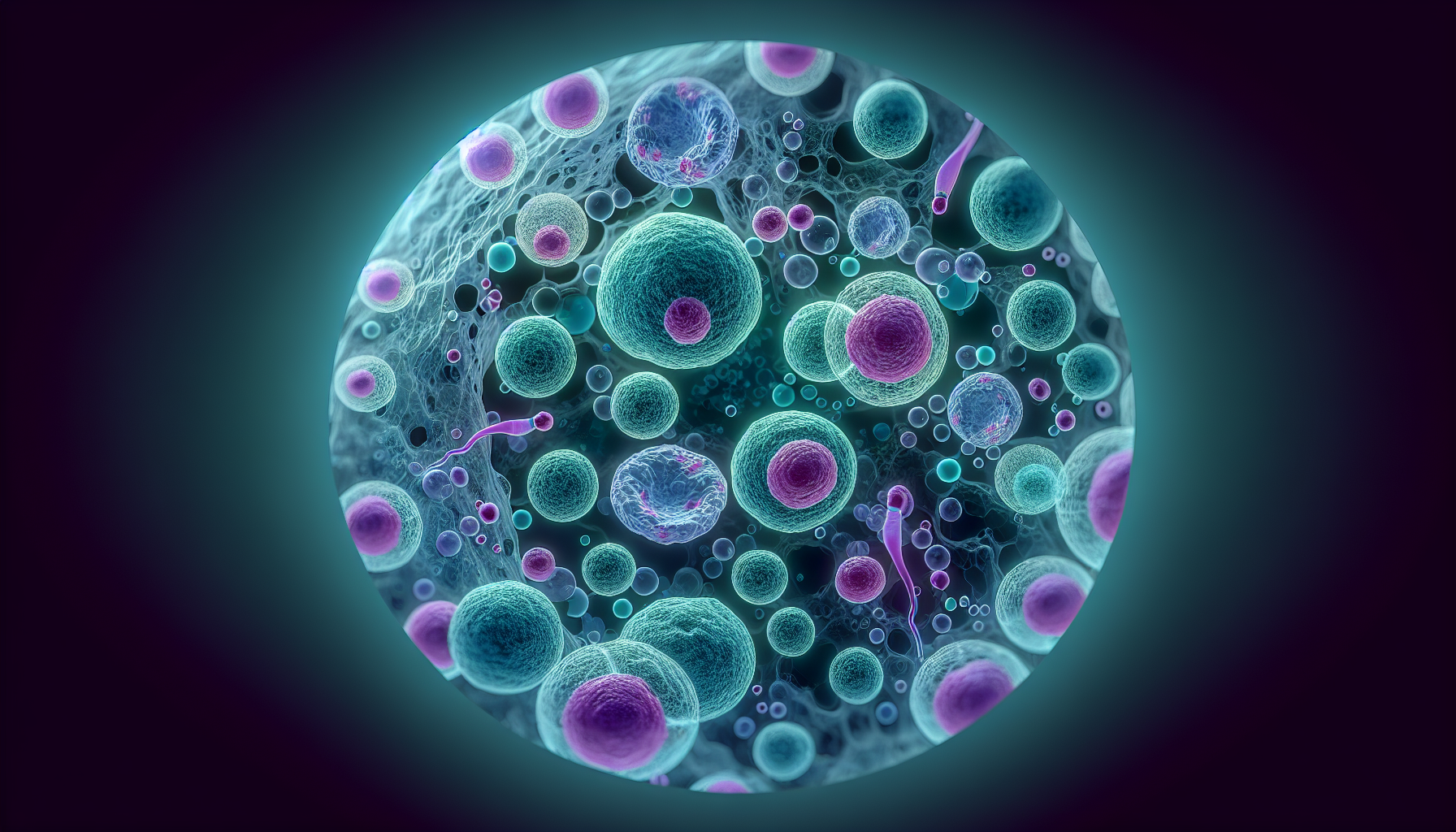FDA Gives Green Light to New Treatment for Resistant Follicular Lymphoma
Key Takeaways
- Liso-cel offers new hope for patients with relapsed/refractory follicular lymphoma.
- 88.9% of patients showed prolonged responses with high progression-free survival rates.
- The treatment shows manageable side effects, primarily involving blood cell counts and mild immune reactions.
Did You Know?
The U.S. Food and Drug Administration (FDA) has granted accelerated approval to a new treatment, lisocabtagene maraleucel (liso-cel; Breyanzi), specifically designed for patients with relapsed or refractory (R/R) follicular lymphoma who have not responded to earlier treatments.
What is Follicular Lymphoma?
Follicular lymphoma is a type of non-Hodgkin lymphoma, a cancer that starts in the white blood cells. It commonly affects lymph nodes, and its slow-growing nature often means that it can return even after successful initial treatment.
Patients with relapsed or refractory follicular lymphoma are those who have not benefited from earlier treatments or whose cancer has returned.
A New Hope: Lisocabtagene Maraleucel
Lisocabtagene maraleucel, also known as liso-cel, is a type of CAR T-cell therapy. It involves modifying a patient's own T cells to attack cancer cells. This therapy has shown promising results for those with resistant forms of follicular lymphoma.
The FDA approval was primarily based on results from the TRANSCEND FL trial, which tested liso-cel in patients who had not responded to other treatments.
Results from the TRANSCEND FL Trial
The study reported high complete response rates among participants, meaning their symptoms disappeared after treatment. These remissions were also noted to be long-lasting, providing hope for long-term relief from the disease.
At the 2023 American Society of Hematology (ASH) Annual Meeting, data showed promising results with 89.8% of patients maintaining their response after 12 months. Furthermore, the progression-free survival (PFS) rate was 91.3% after a year, indicating the treatment's effectiveness in keeping the disease at bay.
Safety and Side Effects
As with any medical treatment, there are potential side effects. The most common severe side effects for liso-cel included lower counts of certain blood cells, known as cytopenias, particularly neutropenia, which affects white blood cells crucial for fighting infections.
Cytokine release syndrome (CRS), a condition where the immune system becomes overly active, was observed in 52% of patients, although no severe cases were reported. Neurological events were seen in a smaller number of patients, primarily mild in nature.
Treatment Protocol
Prior to receiving liso-cel, patients underwent a preparatory regimen involving medications like fludarabine and cyclophosphamide to prepare the body for the CAR T-cell infusion.
The trial's criteria required patients to have had at least one prior line of treatment and to be capable of undergoing the treatment procedures, excluding those with complicating health factors.
Looking Ahead
This FDA approval marks an exciting development in the treatment of follicular lymphoma, offering a new option for patients who have few other choices. Researchers and clinicians are hopeful that it will improve survival rates and quality of life for many affected by this challenging form of cancer.
Continued monitoring and studies will help ensure the long-term safety and effectiveness of liso-cel, and researchers are eager to see how patients continue to respond over extended periods.






